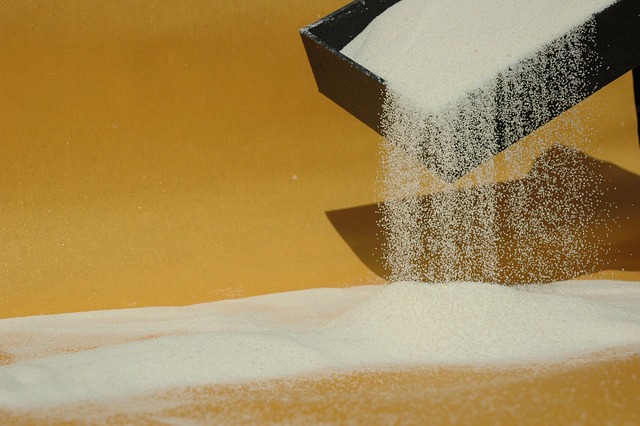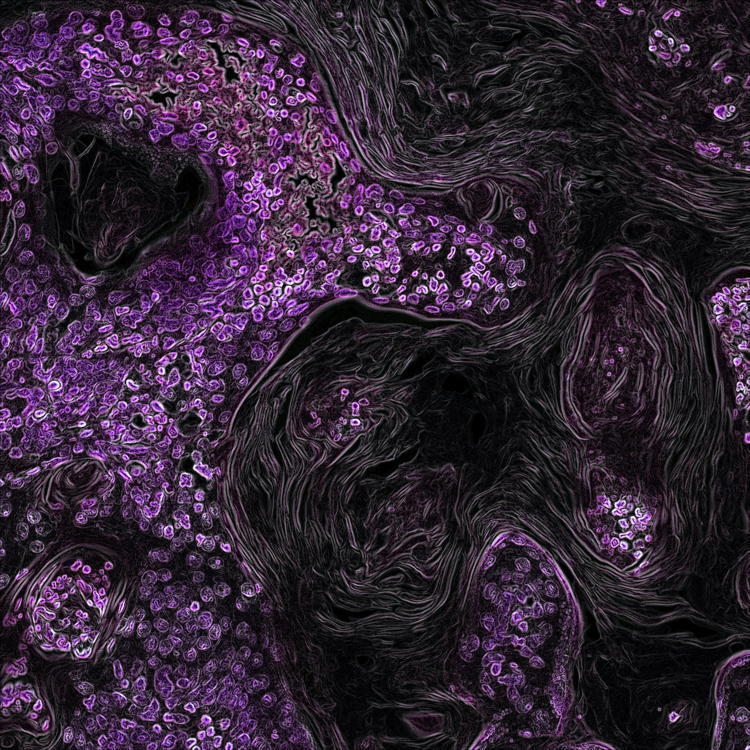New insights into the in situ microscopic visualization and quantification of inorganic polyphosphate stores by 4',6-diamidino-2-phenylindole (DAPI)-staining

Submitted: 9 July 2013
Accepted: 24 September 2013
Published: 5 November 2013
Accepted: 24 September 2013
Abstract Views: 3564
PDF: 1628
HTML: 590
HTML: 590
Publisher's note
All claims expressed in this article are solely those of the authors and do not necessarily represent those of their affiliated organizations, or those of the publisher, the editors and the reviewers. Any product that may be evaluated in this article or claim that may be made by its manufacturer is not guaranteed or endorsed by the publisher.
All claims expressed in this article are solely those of the authors and do not necessarily represent those of their affiliated organizations, or those of the publisher, the editors and the reviewers. Any product that may be evaluated in this article or claim that may be made by its manufacturer is not guaranteed or endorsed by the publisher.
Similar Articles
- G. Teti, V. Salvatore, A. Ruggeri, L. Manzoli, M. Gesi, G. Orsini, M. Falconi, In vitro reparative dentin: a biochemical and morphological study , European Journal of Histochemistry: Vol. 57 No. 3 (2013)
- Liying Shen, Kongjie Lu, Zhenfeng Chen, Yingwei Zhu, Cong Zhang, Li Zhang, Pre-treatment with galectin-1 attenuates lipopolysaccharide-induced myocarditis by regulating the Nrf2 pathway , European Journal of Histochemistry: Vol. 67 No. 4 (2023)
- Jana Oswald, Maximilian Büttner, Simon Jasinski-Bergner, Roland Jacobs, Philip Rosenstock, Heike Kielstein, Leptin affects filopodia and cofilin in NK-92 cells in a dose- and time-dependent manner , European Journal of Histochemistry: Vol. 62 No. 1 (2018)
- Peipei Lu, Shuxiang Li, Caoyang Zhang, Xinyi Jiang, Jinghua Xiang, Hong Xu, Jian Dong, Kun Wang, Yuhua Shi, Spinosin ameliorates osteoarthritis through enhancing the Nrf2/HO-1 signaling pathway , European Journal of Histochemistry: Vol. 68 No. 2 (2024)
- Xiangjun Lu, Jian Shen, Siyuan Huang, Dongdong Liu, Haitao Wang, Tumor cells-derived exosomal PD-L1 promotes the growth and invasion of lung cancer cells in vitro via mediating macrophages M2 polarization , European Journal of Histochemistry: Vol. 67 No. 3 (2023)
- G.A. Caprara, S. Perni, C. Morabito, M.A. Mariggiò, S. Guarnieri, Specific association of growth-associated protein 43 with calcium release units in skeletal muscles of lower vertebrates , European Journal of Histochemistry: Vol. 58 No. 4 (2014)
- D. Nowak, A. J. Mazur, A. Popow-Woźniak, A. Radwańska, H. G. Mannherz, M. Malicka-Błaszkiewicz, Subcellular distribution and expression of cofilin and ezrin in human colon adenocarcinoma cell lines with different metastatic potential , European Journal of Histochemistry: Vol. 54 No. 2 (2010)
- V. Poletto, V. Galimberti, G. Guerra, V. Rosti, F. Moccia, M. Biggiogera, Fine structural detection of calcium ions by photoconversion , European Journal of Histochemistry: Vol. 60 No. 3 (2016)
- E. I. Cortés-Gutiérrez, M. I. Davila-RodrÃguez, J. L. Fernández, C. López-Fernández, J. Gosalvez, DNA breakage detection-fluorescence in situ hybridization (DBD-FISH) in buccal cells , European Journal of Histochemistry: Vol. 56 No. 4 (2012)
- Federico Angelo Cazzaniga, Edoardo Bistaffa, Chiara Maria Giulia De Luca, Giuseppe Bufano, Antonio Indaco, Giorgio Giaccone, Fabio Moda, Sporadic Creutzfeldt-Jakob disease: Real-Time Quaking Induced Conversion (RT-QuIC) assay represents a major diagnostic advance , European Journal of Histochemistry: Vol. 65 No. s1 (2021): Special Collection on Advances in Neuromorphology in Health and Disease
<< < 2 3 4 5 6 7 8 9 10 11 > >>
You may also start an advanced similarity search for this article.

 https://doi.org/10.4081/ejh.2013.e34
https://doi.org/10.4081/ejh.2013.e34










